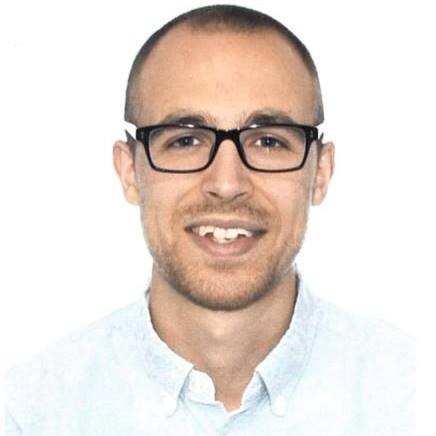We would like to thank everyone who entered our 2019 Abstract Competition. This event is an excellent opportunity for our team to hear the unique ways Golden Helix software is being applied around the world. We had a number of remarkable entries this year which made our selection process a daunting one, indeed. It is my pleasure to announce this year’s winners! Please watch for their webcast announcements later on this spring.

First Place: Mark Trinder – University of British Columbia
“Enabling research translation: generating clinical genetic reports to improve the management of cardiovascular disease”
Mark Trinder is an MD/Ph.D. student at the University of British Columbia, Canada working under the supervision of Dr. Liam Bruham. Mark’s research focuses on the interplay between the genetic regulation of lipoproteins (“good” and “bad” cholesterol) and inflammatory diseases such as sepsis and atherosclerosis. Sepsis is a systemic exaggerated host immune response to infection that has a high mortality rate, limited effective treatments, and is a considerable economic health care burden. The

Second Place: Albert Ferran – Reference Laboratory
“Clinical Validation of Copy Number Variant Detection by Next-Generation Sequencing (NGS)”
Albert Ferran finished his MSc in Genetic Anthropology in 2011 and worked as a research scientist at The University of Barcelona and The Mar Institute of Medical Research (IMIM). Because of his work, he has authored different publications in genetics. During the last 4 years, Albert has worked as an Analyst and Bioinformatician at Reference Laboratory, a Spanish laboratory specialized in clinical analysis and genetics. He has analyzed hundreds of clinical cases, through the study of NGS data, helping to diagnose most of the cases. He is specialized in the analysis of CNVs. Currently, he is finishing his MSc in Bioinformatics and Biostatistics at The Open University of Catalonia.

Third Place: Bradley Heins, Ph.D. – University of Minnesota
“GWAS to Identify Genetics that Influence Calf Health from Holstein and Crossbred Dairy Cows and Calves”
Bradley Heins, Ph.D., is an Associate Professor of Dairy Management at the University of Minnesota’s West Central Research Center in Morris, Minnesota. Currently, Dr. Heins conducts his research at the University of Minnesota’s West Central Research and Outreach Center. The Center has a 130-head herd in a certified organic
Again, we had a vast number of submissions for this contest. I’d like to thank everyone who put forward an abstract for their contributions. Please join me in congratulating the winners.